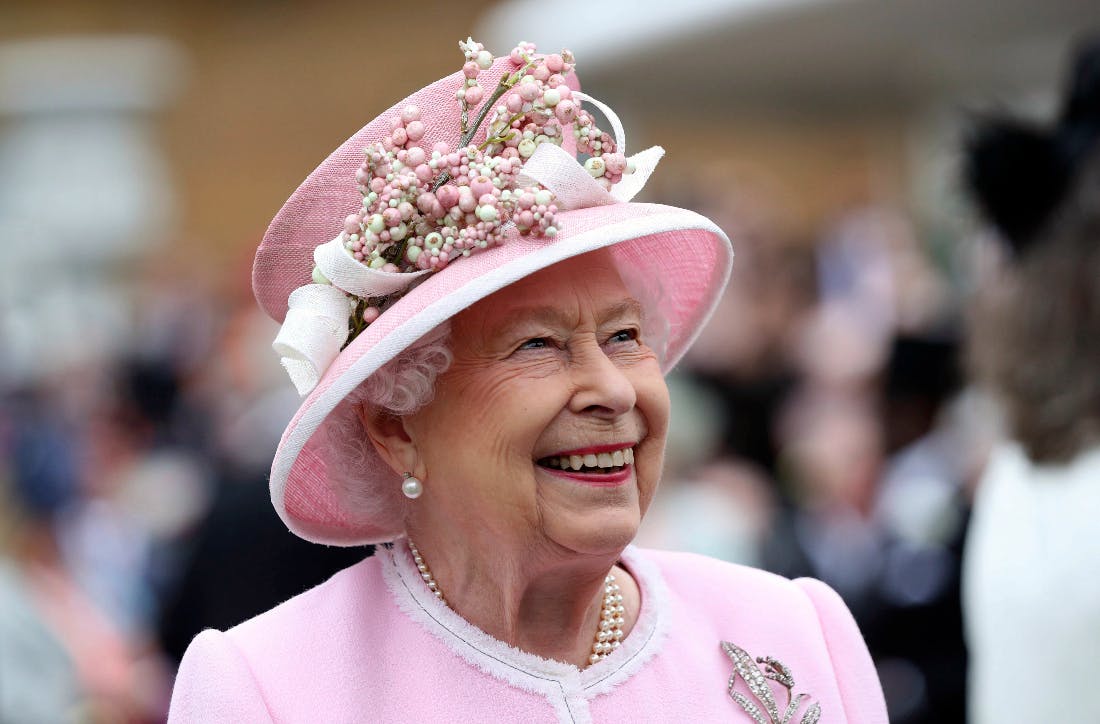Après Elizabeth, Le Déluge, Eh? The Polls Suggest Otherwise
As the Queen nears the twilight of her reign, the fate of Britain’s monarchy must be top-of-mind: Not only in her capacity as head of state, but as mother to the heir presumptive.

As Elizabeth II nears her 96th birthday on April 21, some bright news, though bittersweet, may cheer her. The polling firm Ipsos released findings this week that Prince Charles enjoys plurality support from the British people as next in line to the throne.
As the Queen nears the twilight of her reign, the fate of Britain’s monarchy must be top-of-mind: Not only in her capacity as head of state, but as mother to the heir presumptive.
Given the bad press to which the Royal Family has been subject of late, how can she avoid the fears that followed French king Louis XV to the grave — “Après moi, le déluge?”
Unlike Louis, Elizabeth has enjoyed an exemplary reign. Still, she must be heartened to hear that she will pass on a legacy with some security as to its future.
In the Ipsos survey conducted on March 24 and March 25, 48 percent of respondents believed the Prince of Wales, as king, would do a “good job.” Some 19 percent were negative and opted for “bad job,” with 27 percent supposing it would be a wash.
More promising still, are the demographics underlying this support. It should not surprise that within the age group between 55 and 75, Charles enjoys 59 percent support. What is particularly encouraging are the findings from William’s generation of those between 35 and 54 years. Here, the percentages are 49 percent in favor of his father against 18 percent not.
Yet it is the next category, the cohort between 16 and34 years of age, that should fill the sails of monarchists: 38 percent of respondents believe the Prince of Wales will do a good job, with 22 percent doubtful (32 percent are fence sitters).
As for the Crown itself, 44 percent believe that Britain would be worse off if the monarchy were abolished, with 22 percent support for a republic. These numbers are less favorable than a poll conducted four years ago, when the monarchy stood at 46 percent and republicanism at 15 percent. Monarchists can nevertheless heave a sigh of relief that the figures have not reversed.
The flexibility of public opinion is highlighted, however, when the question of abolition is applied to age categories. Of those between 55 and 75 years, 57 percent believe Britain would be worse off, 15 percent better off. The numbers are admittedly less reassuring from the 16 to 34 years old age group, where the numbers are 33 percent to 29 percent in favor of the monarch.
Long term, though, polling remains optimistic. Some 75 percent believe that Britain will still be a monarchy in the next decade. This drops to 45 percent in the next half-century — with 35 percent doubtful — yet those are still extraordinary positive prognostications.
By no means ought the Royal Family to rest its oars. Prince Andrew remains a lightning rod for controversy, given his alleged sexual indiscretions with an under-aged woman in 2001. If Andrew’s accompanying the Queen at the memorial service for Prince Philip was a sourcing for a speedy redemption, he failed spectacularly. Senior royals were said to be against his prominent role at Westminster Abbey, as was much of subsequent public opinion.
Further word that Andrew will attend the Queen at the Epsom Derby races at the Platinum Jubilee weekend are already subject to severe criticism. To act as a buffer to his importunities on a doting mother, William and Kate are said to be looking to take up lodgings closer to the Queen at Windsor Castle to ameliorate Andrew’s designs.
Nor has Prince Harry been neutralized as a threat. His decision to forego the Philip memorial on the claims of security concerns was a public relations disaster. Especially in light of his intent to attend the Invictus games in The Hague in mid-April. Never discount Harry and Meghan’s efforts at self-aggrandizement, at the expense of their royal relations.
“Depend upon it,” Samuel Johnson declared, “when a man knows he is to be hanged in a fortnight, it concentrates his mind wonderfully.” None expect the finality of capital punishment to pursue the House of Windsor. Yet British monarchs have not been spared the resort to regicide, as witness the beheading of Charles I in 1649. An ensuing decade of Commonwealth republicanism ensued.
The Ipsos poll findings do provide the Royal Family that opportunity to concentrate on burnishing their credentials. Does a second republic lie in the cards for the United Kingdom? For now, like Mark Twain’s famous retort, rumors of the monarchy’s death are greatly exaggerated.
BrexitDiarist@gmail.com

